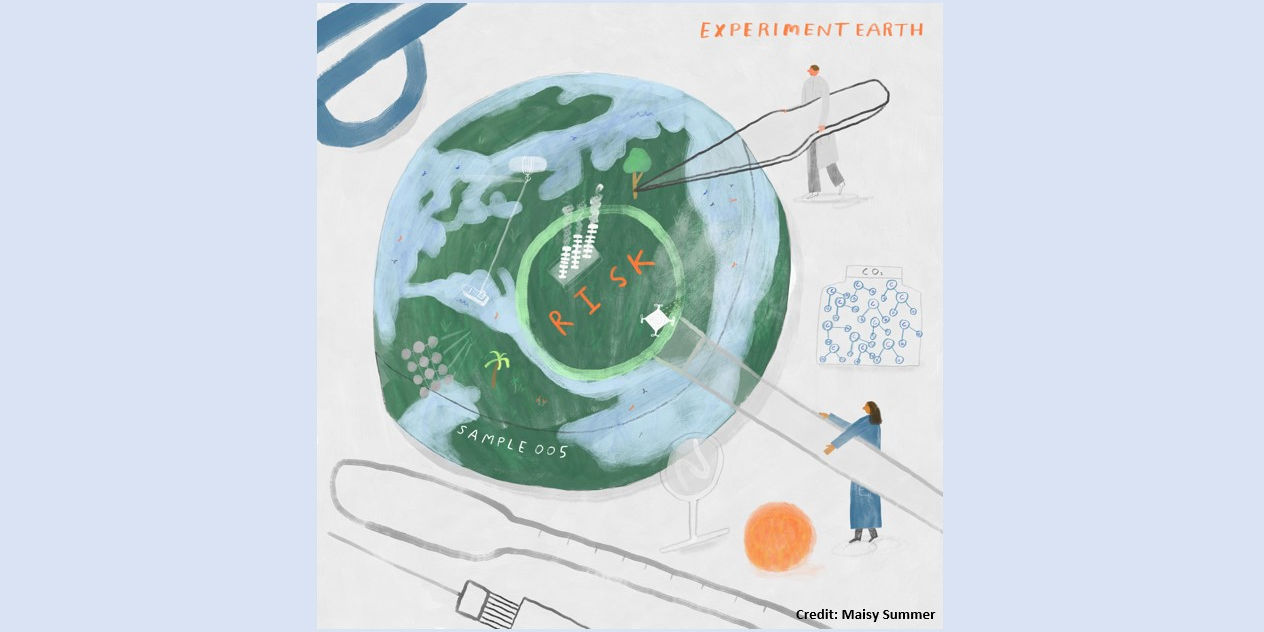
Dialogue in Climate Engineering with Youth
Key York Contacts
Dr Lynda Dunlop, Department of Education
Principal and Co-Investigators
Lynda Dunlop, Department of Education, University of York and
Elizabeth Rushton, University College London
Principal Funder
UKRI/RSA
External Partners
Michelle Codrington-Rogers and Jane Essex
Research Outputs
For policy brief informing the project: Youth Guide and Policy Brief
